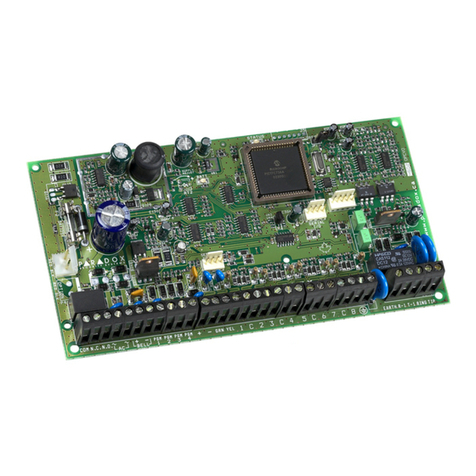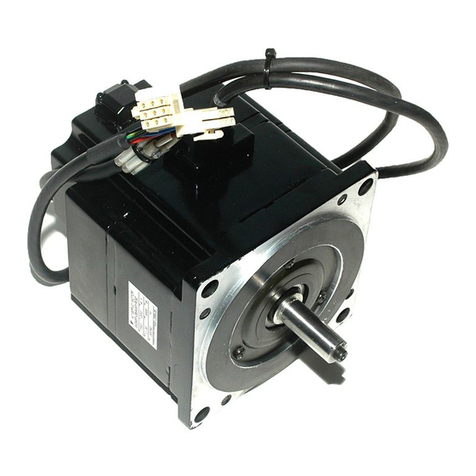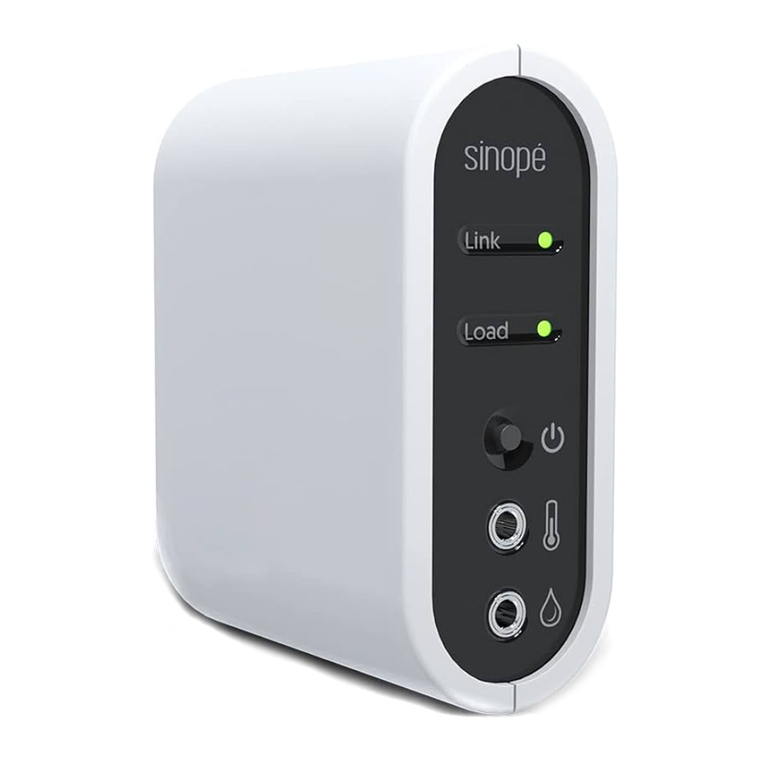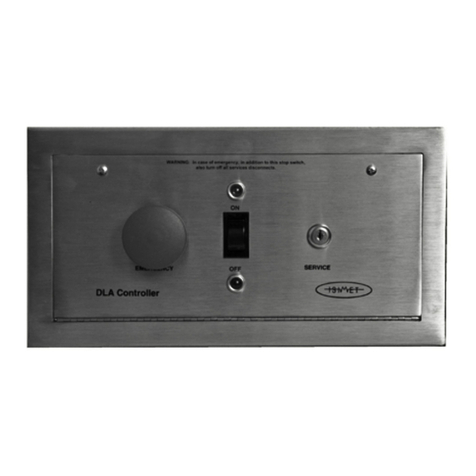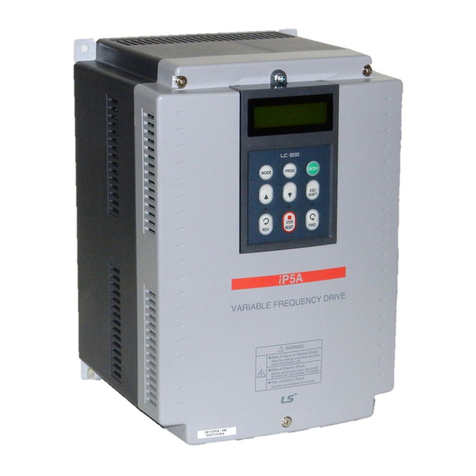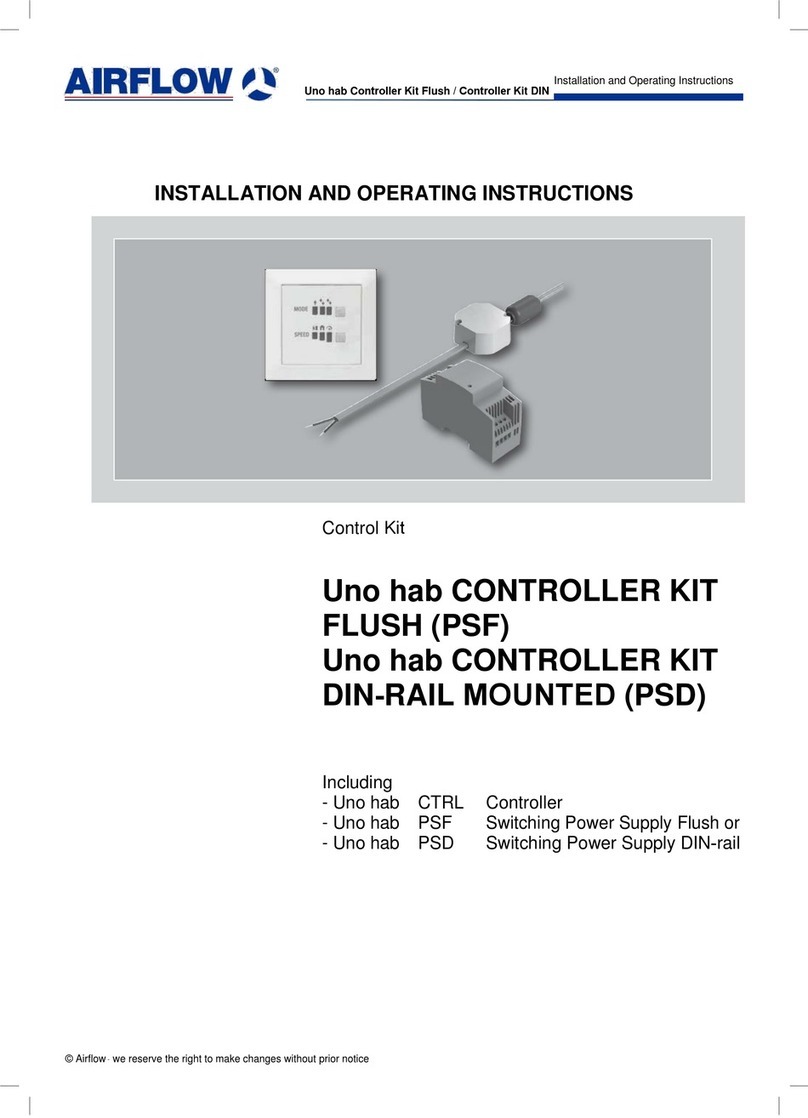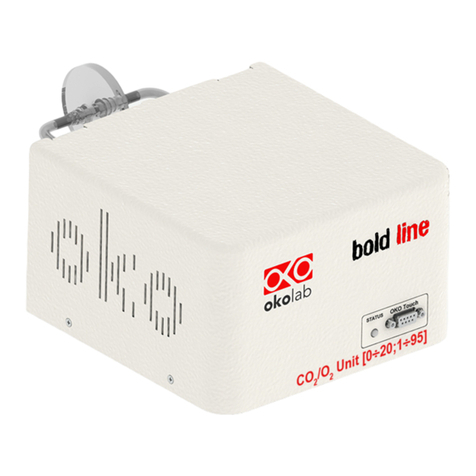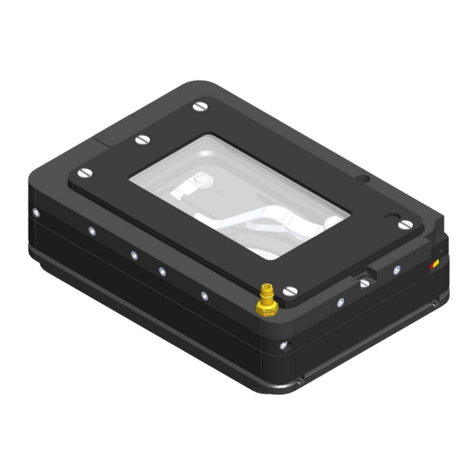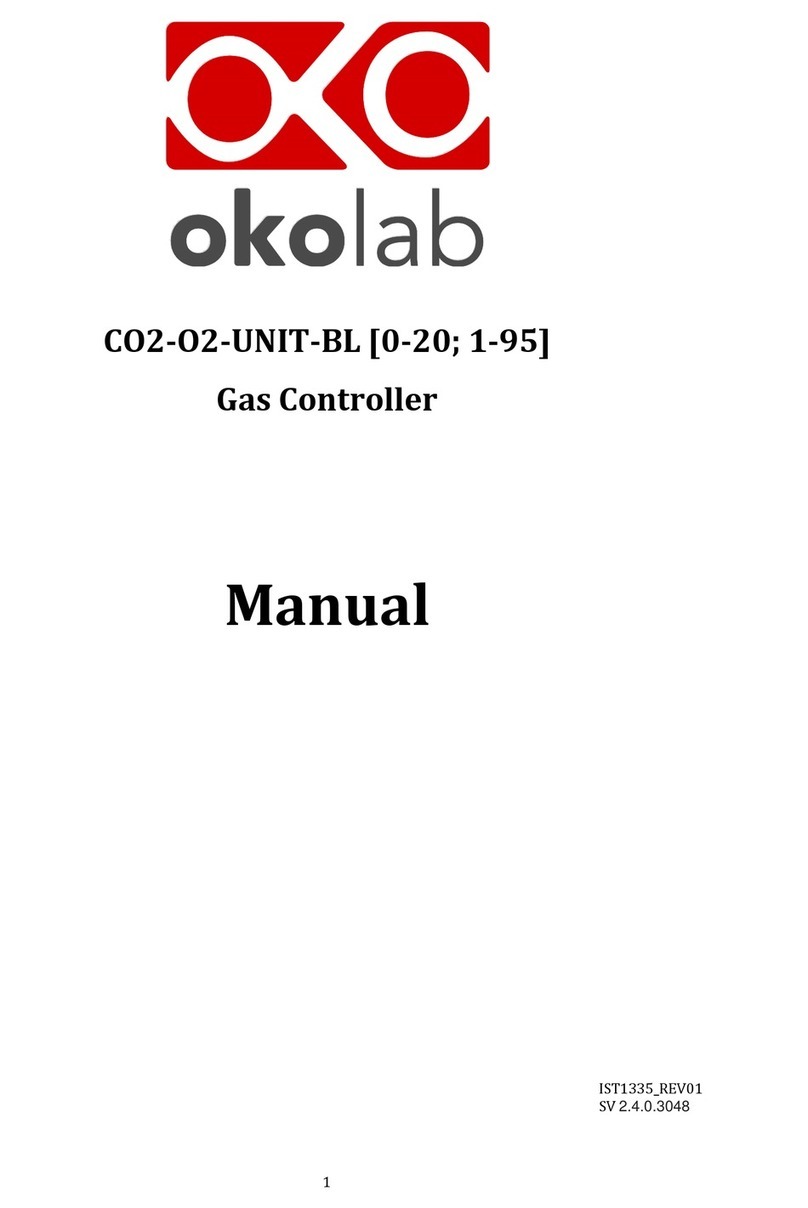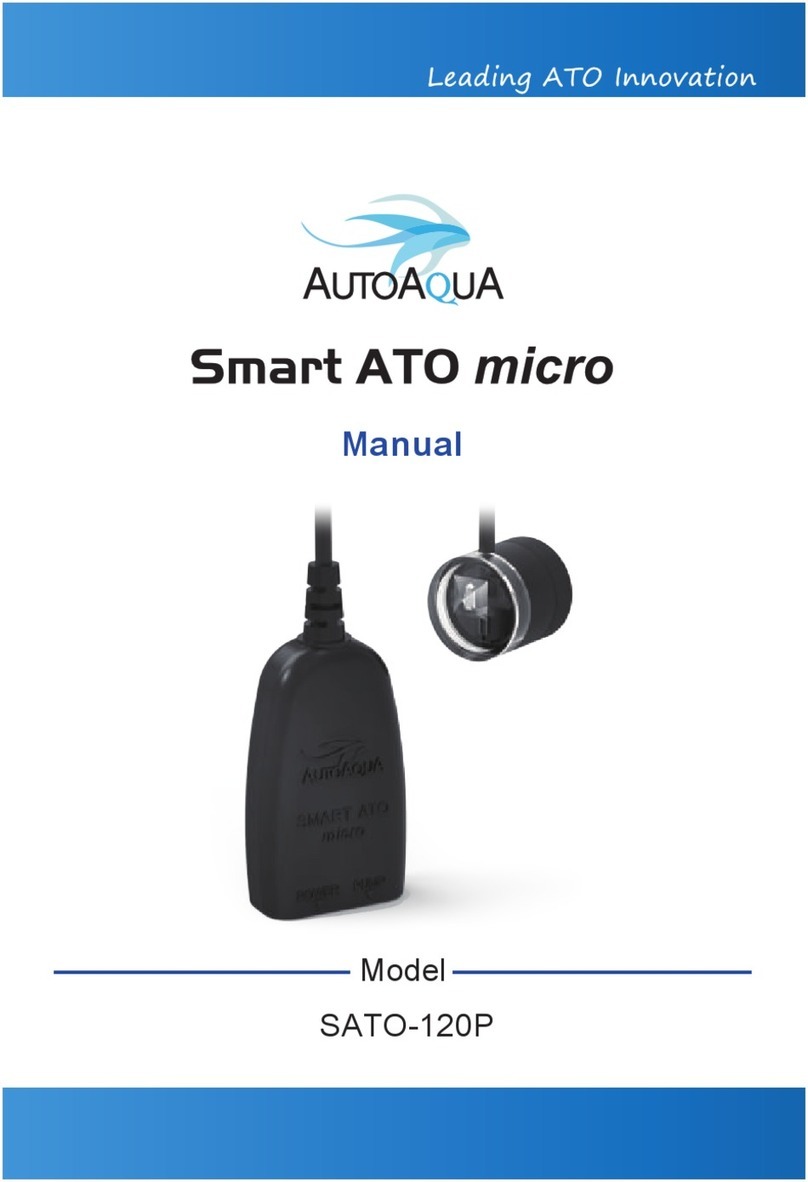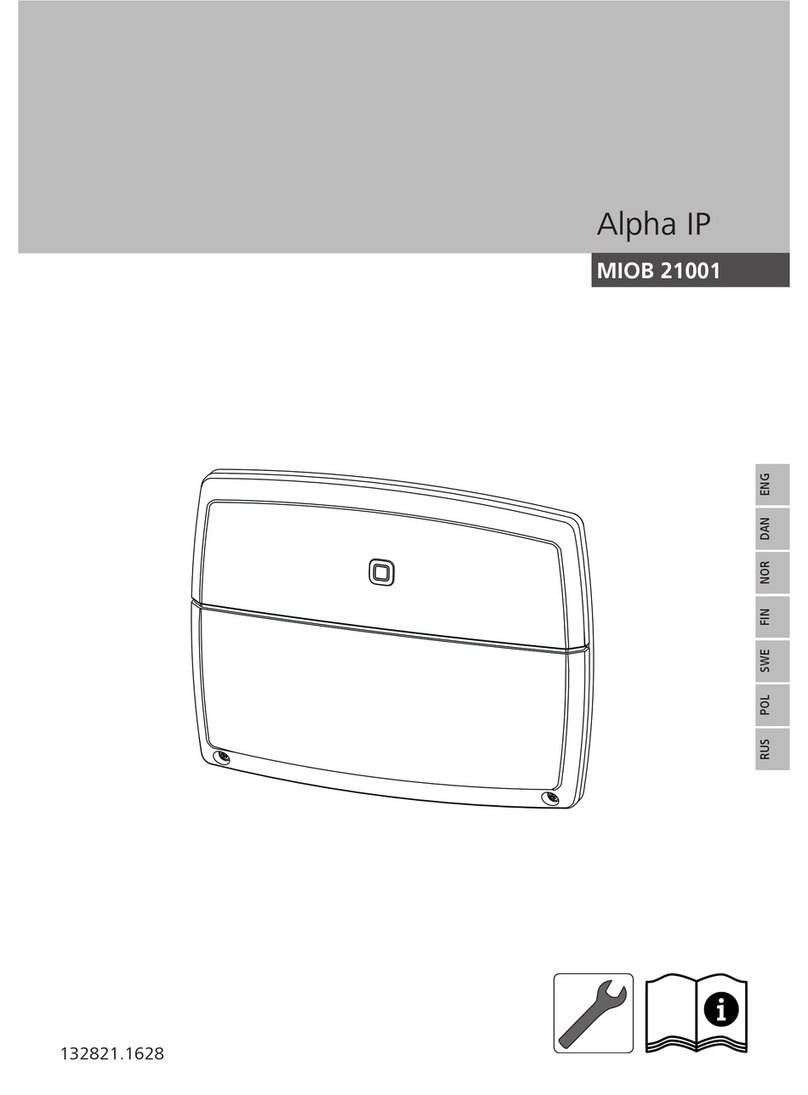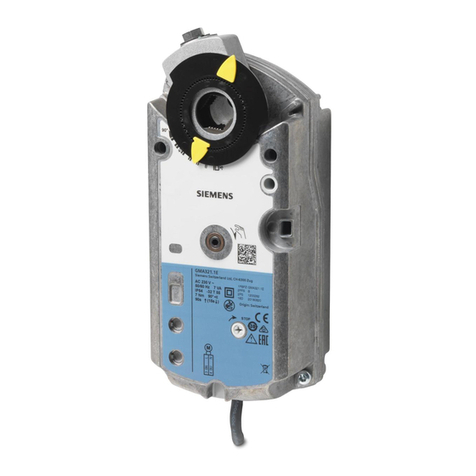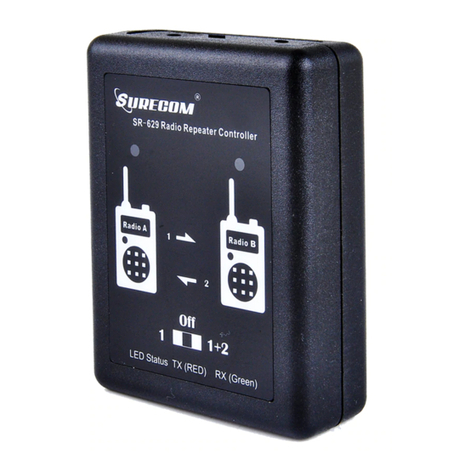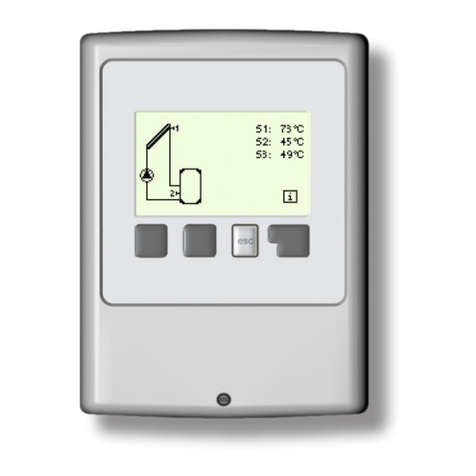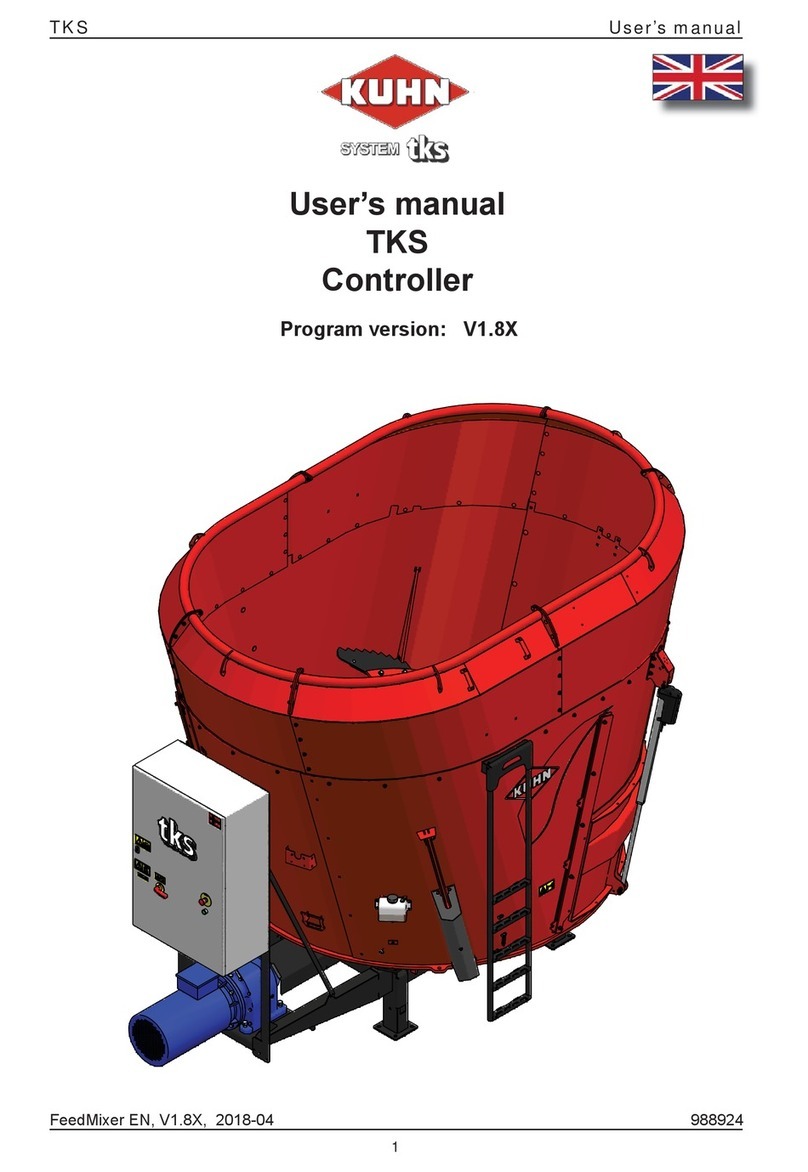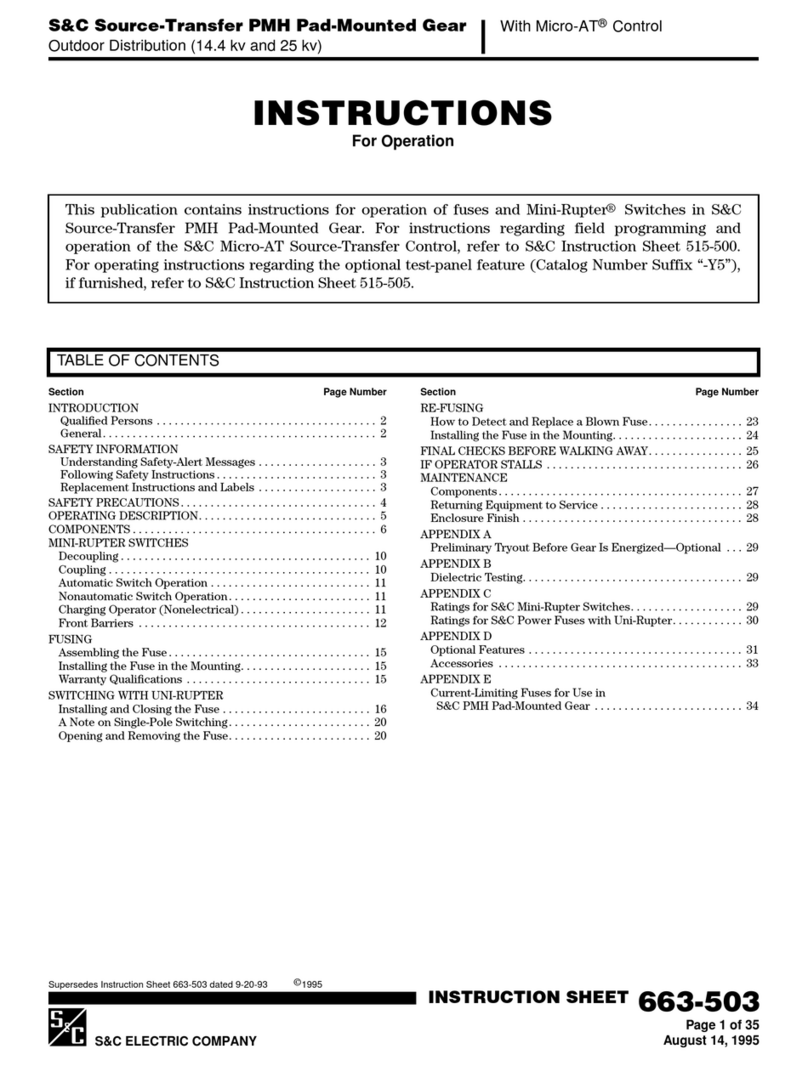Index
1PREFACE .....................................................................................................................................................................................1
2SYMBOL DESCRIPTION ..........................................................................................................................................................2
SYMBOLS USED IN THIS MANUAL...............................................................................................................................................................2
SYMBOLS ON THE PRODUCT LABEL ...........................................................................................................................................................2
3SAFETY NOTES..........................................................................................................................................................................3
4SUPPLIED EQUIPMENT..........................................................................................................................................................5
5GAS SUPPLIED REQUIREMENTS .........................................................................................................................................6
6COMPATIBILITY.......................................................................................................................................................................6
7EQUIPMENT DESCRIPTION ..................................................................................................................................................8
8INSTALLATION ...................................................................................................................................................................... 10
SETTING UP CO2-O2-UNIT-BL [0-10; 0-1]....................................................................................................................................10
HOW TO ASSEMBLE CO2-O2-UNIT-BL [0-10; 0-1] WITH A BOLD LINE TCONTROLLER .......................................................18
9USER INTERFACE .................................................................................................................................................................. 20
HOME PAGE................................................................................................................................................................................................20
9.1.1 How to enter the Setpoint .......................................................................................................................................................20
9.1.2 Controller Status: colours led and meaning ....................................................................................................................22
SETTINGS....................................................................................................................................................................................................23
9.2.1 Gas......................................................................................................................................................................................................23
9.2.1.1 Air Source............................................................................................................................................................................................................23
9.2.1.2 Calibration..........................................................................................................................................................................................................25
9.2.1.2.1 Offset (with exthernal meter).............................................................................................................................................................25
9.2.1.2.2 Sensors (with calibration gas)........................................................................................................................................................... 27
9.2.1.2.2.1 View ......................................................................................................................................................................................................28
9.2.1.2.2.2 Span Settings .................................................................................................................................................................................... 28
9.2.1.2.2.3 Factory Reset ....................................................................................................................................................................................29
9.2.1.2.2.4 Start Span........................................................................................................................................................................................... 29
9.2.1.2.2.5 Start Zero............................................................................................................................................................................................30
9.2.1.2.3 Factory Reset.............................................................................................................................................................................................31
9.2.1.3 Flowrates............................................................................................................................................................................................................. 31
9.2.1.4 Gas cycles............................................................................................................................................................................................................. 33
9.2.1.5 Status ....................................................................................................................................................................................................................36
9.2.2 Touch Screen configuration ...................................................................................................................................................37
9.2.2.1 Touch Screen Options.....................................................................................................................................................................................37
9.2.2.2 Touch Screen Brightness ..............................................................................................................................................................................37
9.2.2.3 Touch Screen Visual Effects –icon and glance mode.......................................................................................................................38
9.2.2.4 Date & Time........................................................................................................................................................................................................ 38
9.2.2.5 Alarms...................................................................................................................................................................................................................39
9.2.2.6 Data Logging..................................................................................................................................................................................................... 40
OVERVIEW..................................................................................................................................................................................................44
ICON AND GLANCE MODE VIEW.............................................................................................................................................................44
INFO PAGE ..................................................................................................................................................................................................45
10 TOUCH SCREEN CALIBRATION .................................................................................................................................... 46
11 CLEANING & MAINTENANCE......................................................................................................................................... 47
12 APPENDIX: OXYGEN ANALYZER .................................................................................................................................. 48
MAINTENANCE..........................................................................................................................................................................................48
PERIODIC CALIBRATION ..........................................................................................................................................................................48
O2 SENSOR REPLACEMENT -CAUTIONS...............................................................................................................................................48
O2 SENSOR REPLACEMENT -PROCEDURE...........................................................................................................................................49
13 SUPPORT ............................................................................................................................................................................. 52
14 TECHNICAL SPECIFICATIONS ....................................................................................................................................... 53
15 TROUBLESHOOTING........................................................................................................................................................ 54
